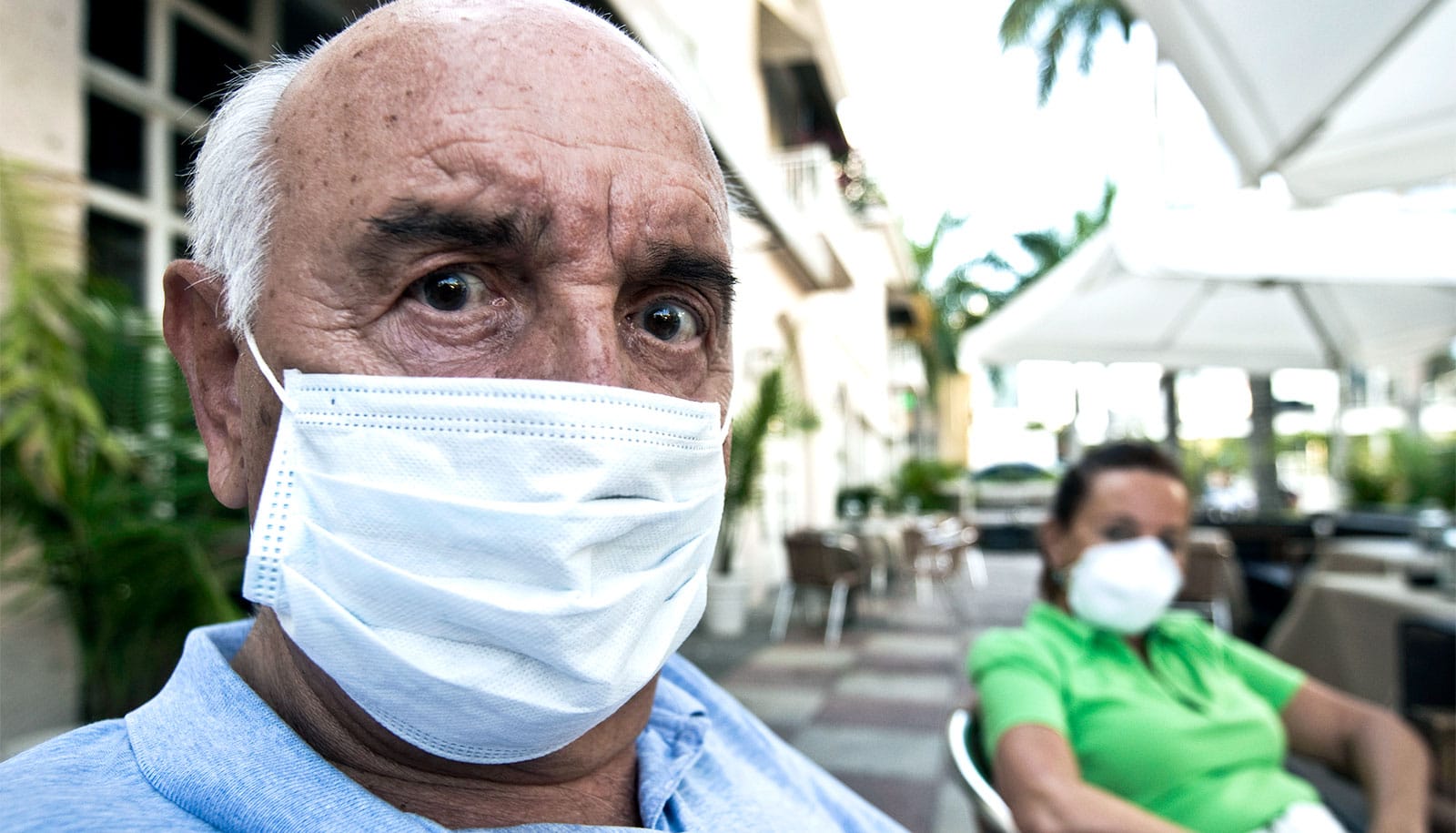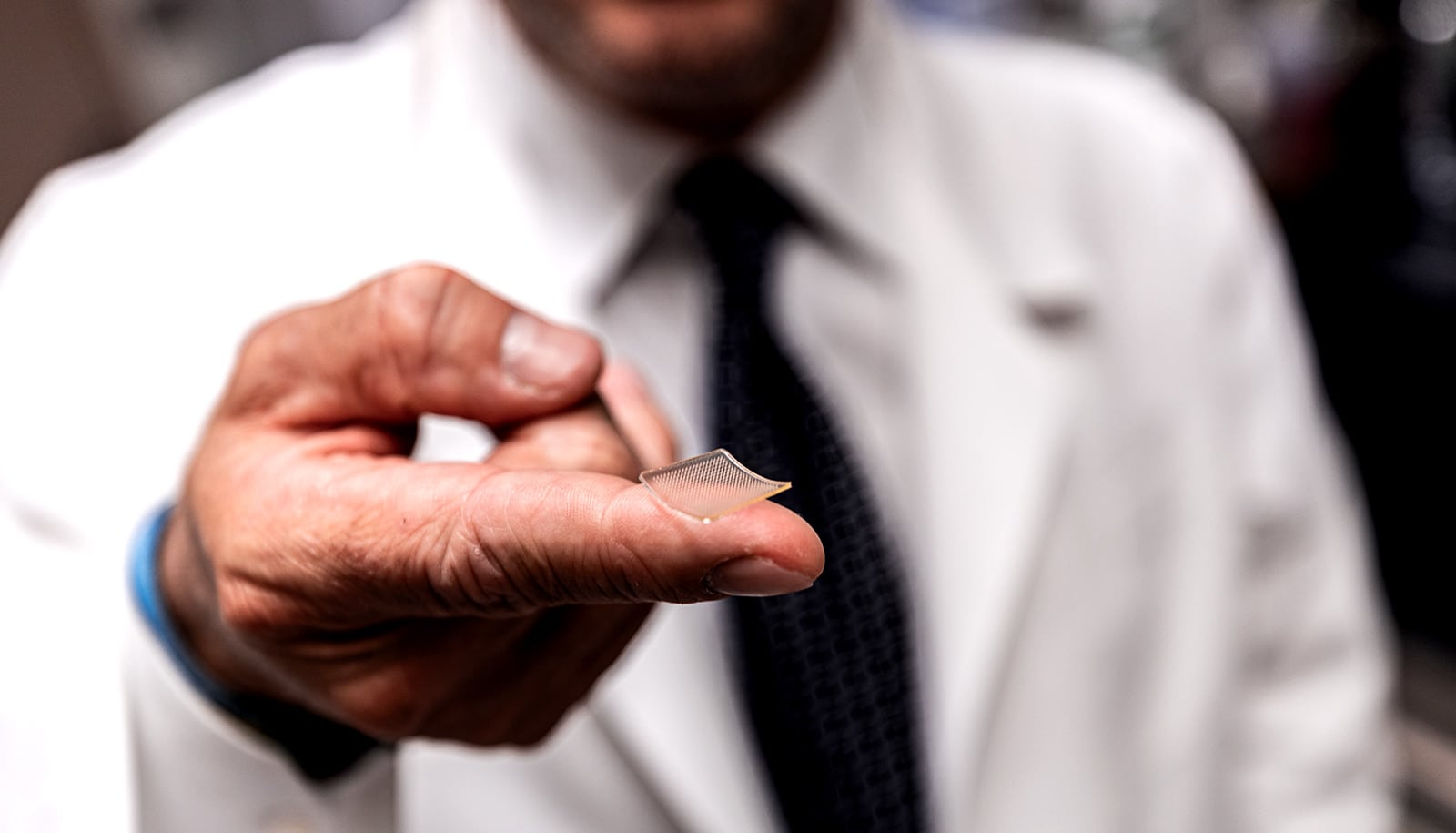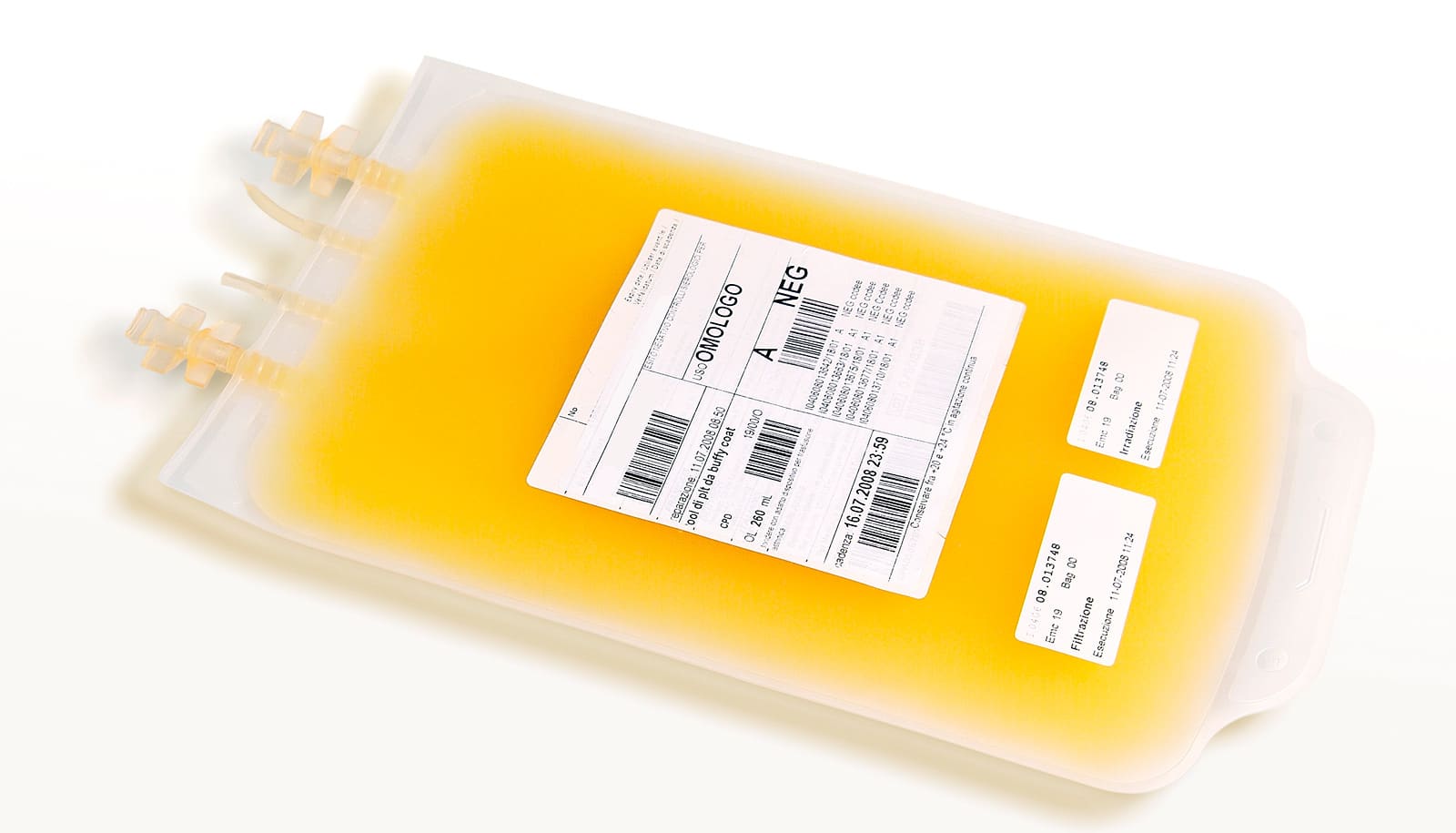Researchers are hopeful that a new drug could change the way doctors treat COVID-19.
The drug, called EIDD-2801, shows promise in reducing lung damage and has finished testing in mice. It will soon move to human clinical trials.
As of today, the novel coronavirus SARS-CoV-2 has infected more than 1.3 million people with COVID-19 and caused nearly 74,000 deaths in a worldwide pandemic. Currently, no antiviral drugs have been approved to treat SARS-CoV-2 or any of the other coronaviruses that cause human disease.
The new paper, which will appear in Science Translational Medicine, includes data from cultured human lung cells infected with SARS-CoV-2, as well as mice infected with the related coronaviruses SARS-CoV and MERS-CoV.
The study shows that, when used as a prophylactic, EIDD-2801 can prevent severe lung injury in infected mice. EIDD-2801 is an orally available form of the antiviral compound EIDD-1931; it can be taken as a pill and can be properly absorbed to travel to the lungs.
When given as a treatment 12 or 24 hours after infection has begun, EIDD-2801 can reduce the degree of lung damage and weight loss in mice. This window of opportunity is expected to be longer in humans, because the period between coronavirus disease onset and death is generally extended in humans compared to mice.
“This new drug not only has high potential for treating COVID-19 patients, but also appears effective for the treatment of other serious coronavirus infections,” says senior author Ralph Baric, a professor of epidemiology at the University of North Carolina-Chapel Hill.
Compared with other potential COVID-19 treatments that must be administered intravenously, EIDD-2801 can be delivered by mouth as a pill. In addition to ease of treatment, this offers a potential advantage for treating less-ill patients or for prophylaxis—for example, in a nursing home where many people have been exposed but are not yet sick.
“We are amazed at the ability of EIDD-1931 and -2801 to inhibit all tested coronaviruses and the potential for oral treatment of COVID-19,” says Andrea Pruijssers, the lead antiviral scientist in the lab of Mark Denison, professor of pediatrics at Vanderbilt University Medical Center.
Denison was senior author of a December 2019 study that first reported that EIDD-1931 blocked the replication of a broad spectrum of coronaviruses.
The researchers also performed the preclinical development of remdesivir, another antiviral drug currently in clinical trials of patients with COVID-19. In the new paper, Maria Agostini, a postdoctoral fellow in the Denison lab, demonstrates that viruses that show resistance to remdesivir experience higher inhibition from EIDD-1931.
“Viruses that carry remdesivir resistance mutations are actually more susceptible to EIDD-1931 and vice versa, suggesting that the two drugs could be combined for greater efficacy and to prevent the emergence of resistance,” says George Painter, director of the EIDD and chief executive officer of the nonprofit Drug Innovation Ventures at Emory (DRIVE).
Clinical studies of EIDD-2801 in humans are expected to begin later this spring. If they are successful, the drug could not only be used to limit the spread of SARS-CoV-2, but also could control future outbreaks of other emerging coronaviruses.
“With three novel human coronaviruses emerging in the past 20 years, it is likely that we will continue to see more,” says first author Timothy Sheahan, an assistant professor of epidemiology and a collaborator in the Baric Lab.
“EIDD-2801 holds promise to not only treat COVID-19 patients today, but to treat new coronaviruses that may emerge in the future.”
Funding for the work came from an NIH grant through the University of Alabama at Birmingham.
Source: Emory University



